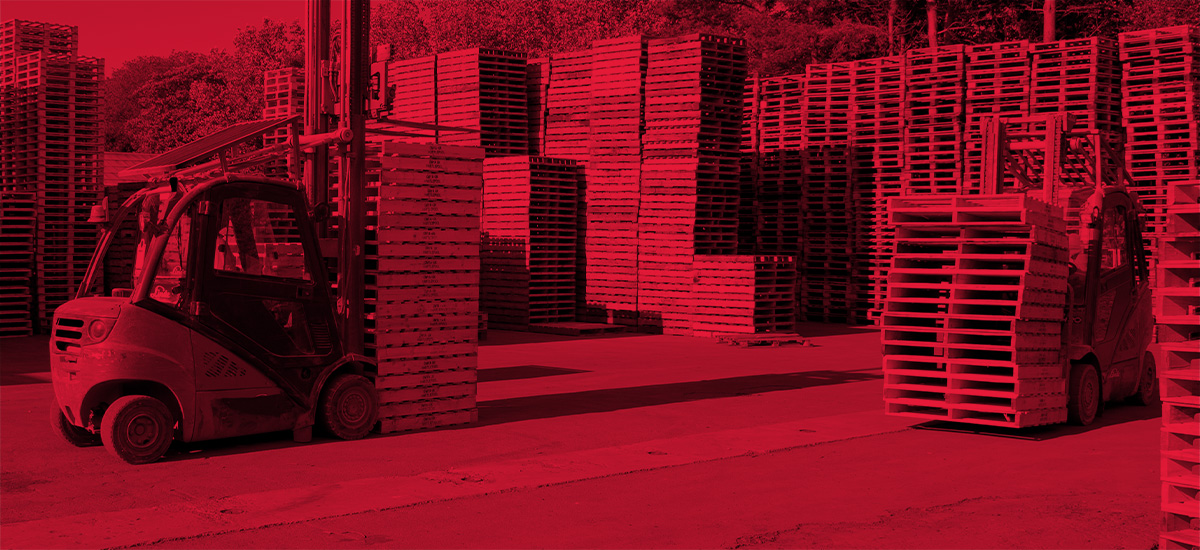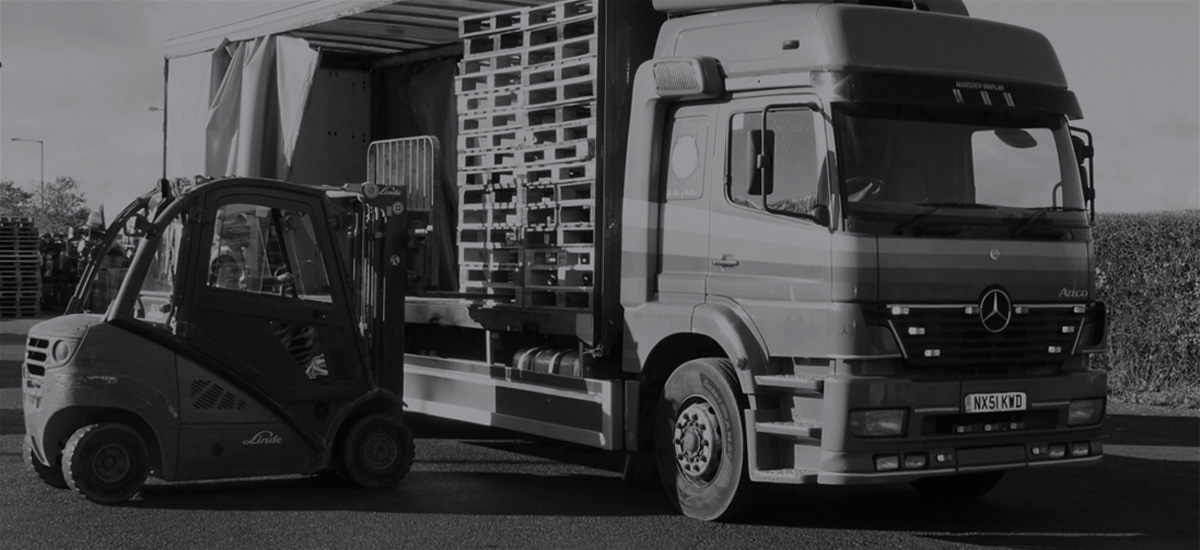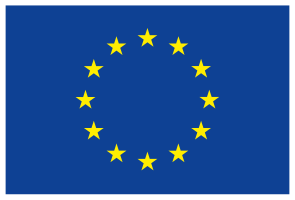It was a momentous day yesterday for the future of the Circular Economy Package as the EC reported its outlined key initiatives in their Work Programme for 2017.
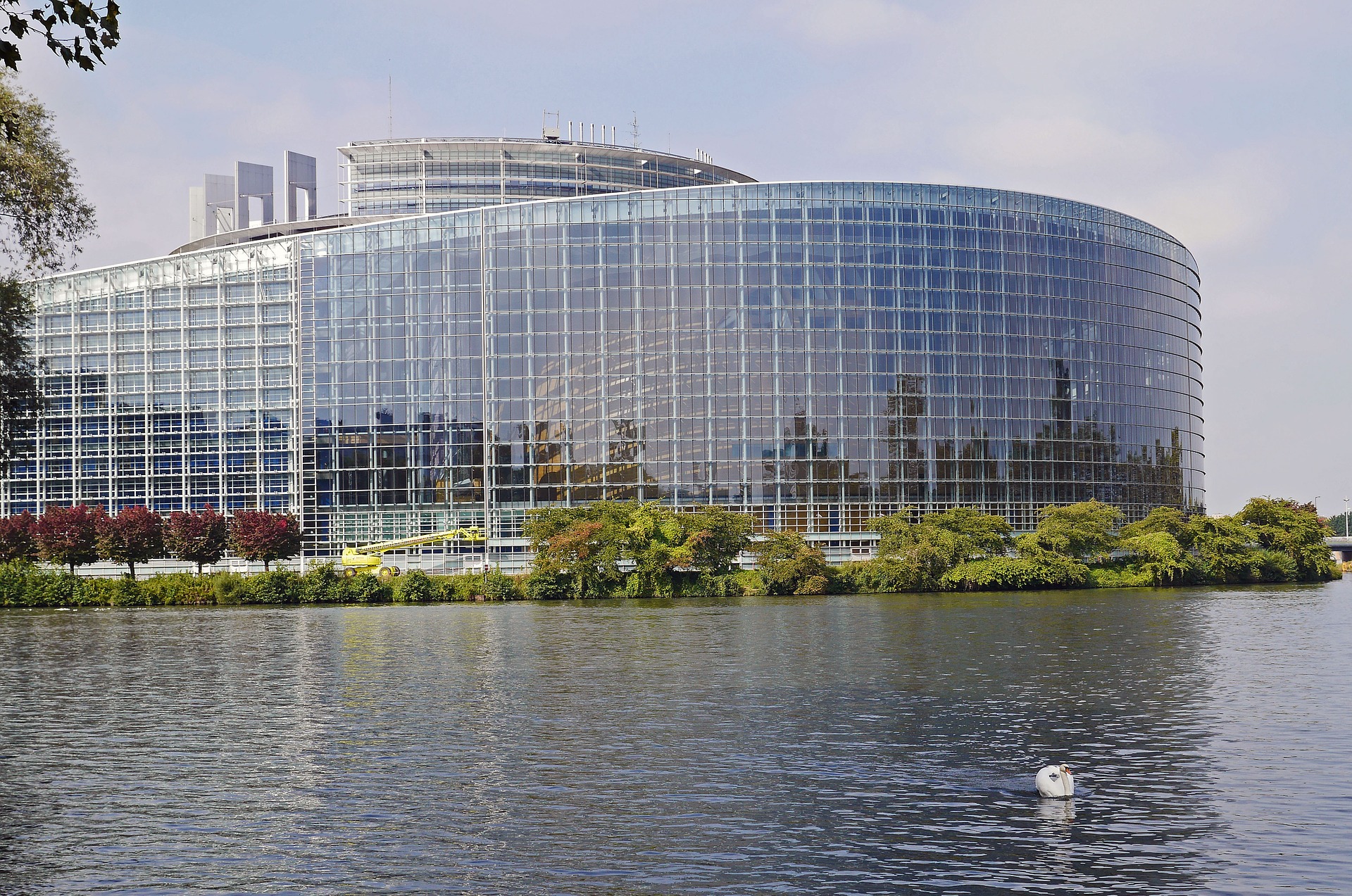 The Circular Economy Package was adopted on 2nd December 2015 with the intention to focus on the full life cycle of products, from design to waste management. The aim is to improve efficiencies and reduce waste to become more sustainable as a continent.
The Circular Economy Package was adopted on 2nd December 2015 with the intention to focus on the full life cycle of products, from design to waste management. The aim is to improve efficiencies and reduce waste to become more sustainable as a continent.
The European Commission’s First Vice-President Frans Timmermans, responsible for sustainable development, commented: “Building a circular economy for Europe is a key priority for this Commission. We have made good progress and are planning new initiatives in 2017. We are closing the loop of design, production, consumption, and waste management, thereby creating a green, circular and competitive Europe.”
This sets the stage for the future commitment of EU member states to promote a truly circular economy, returning our society’s mindset to that of our yesteryear counterparts.
With the UK due to trigger Article 50, will the Circular Economy Package (CEP) influence our own legislation? In answer to that, the UK may have to adopt the policies set out in the Package if the EC implement the changes before the UK’s EU departure.
Having said that, there was reluctance recently from UK ministers that the 65% recycling target of municipal waste by 2030 is achievable. This target may seem even further away as the European Parliament’s Environmental Committee reported on Tuesday 24th January a proposal to increase this target to 70% by 2030. MEPs argued that this higher target would help accelerate the switch to a circular economy.
Is the circular economy theory a case of attitude over capability? By implementing operations to meet the proposed targets is there a reason why we couldn’t achieve 70% recycling by 2030? If our attitudes are aligned then a circular economy is possible with positive benefits for the whole of Europe, both environmentally and economically.
Looking at it from UK minister’s viewpoint, perhaps the recycling target is unachievable but could we promote reuse to further reduce waste? Reuse is one of the most preferable option of the existing waste hierarchy as it involves fewer remanufacturing processes, therefore has a lesser impact on the environment. Should our attention be focussed on reuse rather than recycling?
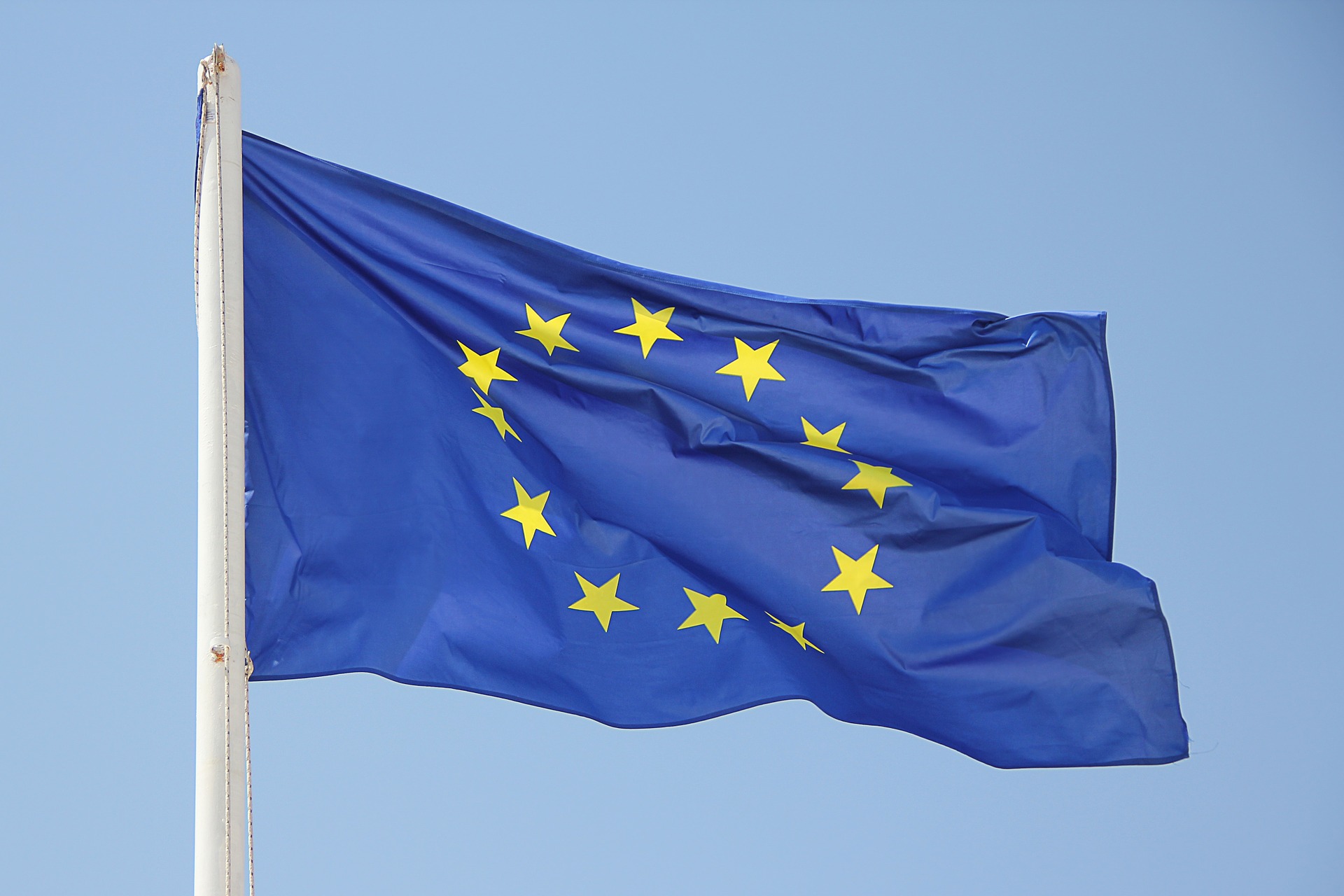
Discussions are ongoing to finalise the CEP proposals on recycling and waste legislation. Included is the EC’s proposal to encourage second hand market operations, essentially encouraging reuse over recycling. Our ancestors would employ the philosophy of make do and mend. This is not just darning socks and patching up bicycle tyre punctures on a personal level but industrial reuse too, such as repairing and reusing wooden pallets.
To further promote the CEP, EC Vice-President Jyrki Katainen recently welcomed the introduction of the Circular Economy Finance Platform, confirming: “Our goal is to upscale investment, both public and private, in the Circular Economy. This new Platform is an excellent tool to raise awareness of the circular economy projects’ immense business potential and, consequently, draw in more funding for their finance. The Circular Economy is an important element to modernise the European economy and we are on track to deliver this sustainable change.”
There is a real sense of commitment and change afoot. It is now about how we decide to implement change for the prosperity of our future. With estimates in the £millions that could be generated through effective waste management, it is time that our economy starts to go around in circles rather than stop dead at an unproductive finish line.
Let us know what you think about the planned EC Circular Economy Package @RPS_Limited #keepreusing


